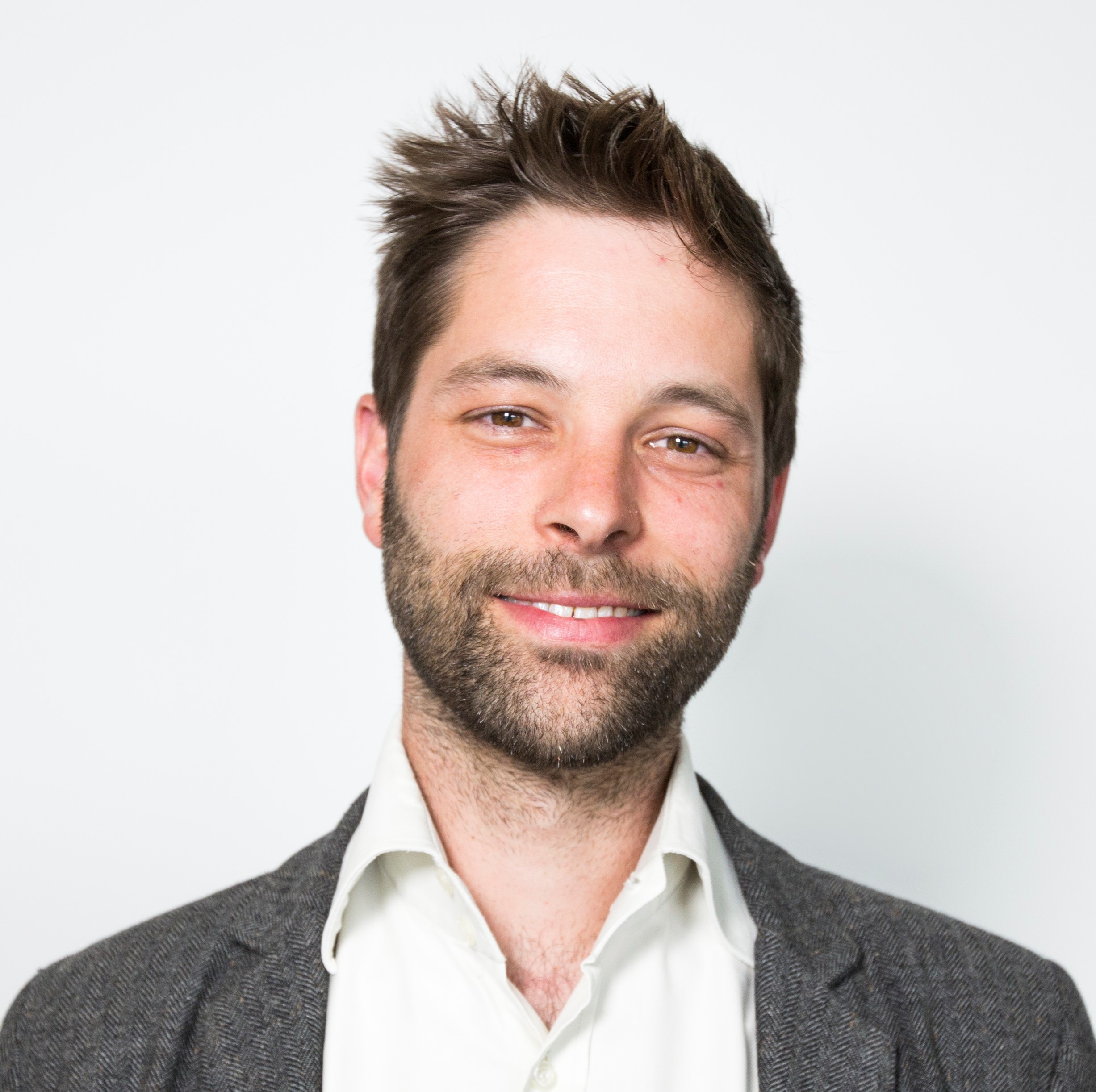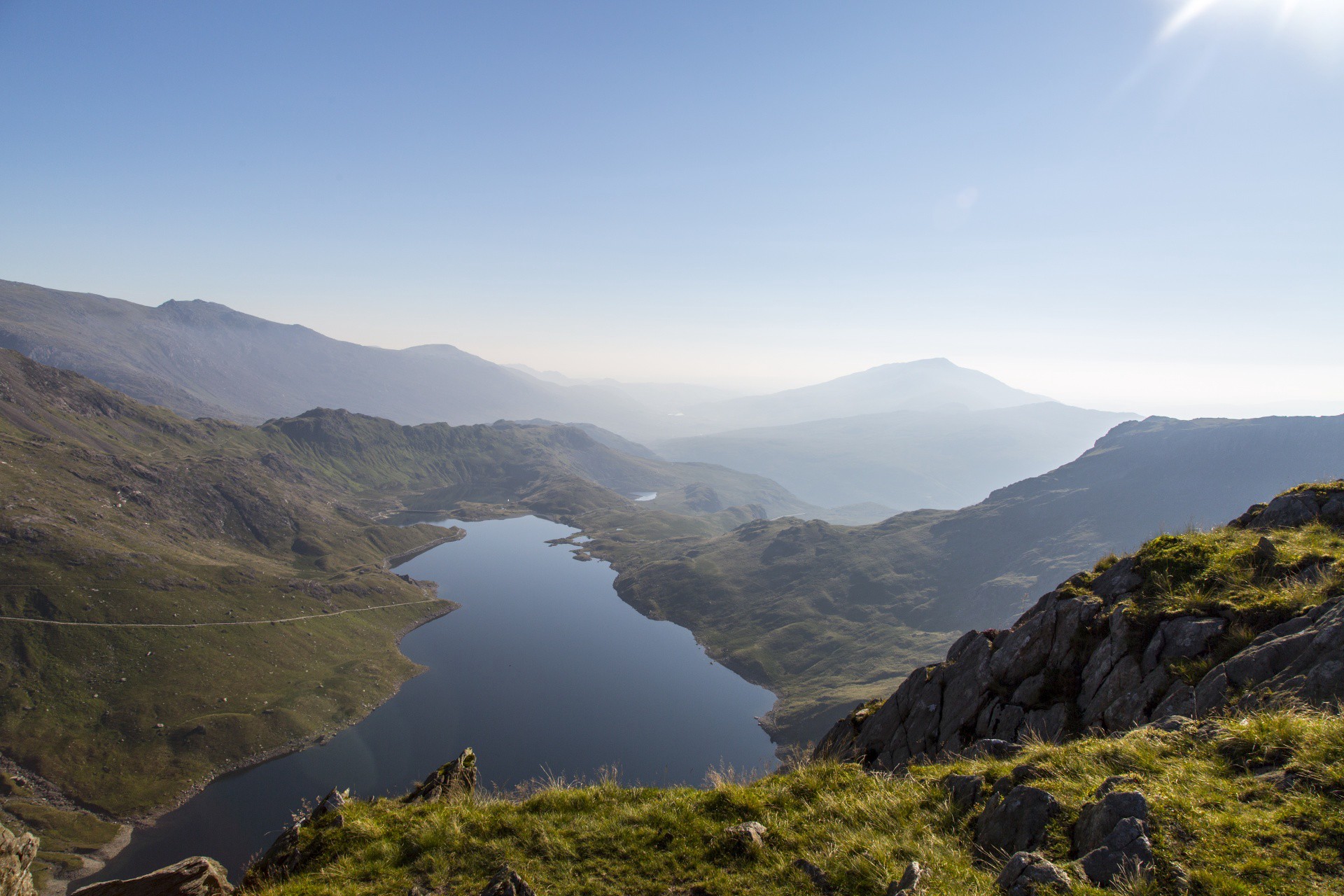Extremes mean you see things more clearly. Last weekend we climbed the UK’s highest mountain outside of Scotland. Snowdon. It’s not a beast by mountain standards but is pretty tough if you stay away from the easy route. That’s what we did. Our kids have been wanting to do it for ages, we felt they were ready, and we like the idea of having challenging family adventures. They bring us closer together.
It was great fun. Really hard, properly tiring for our kids, who’s little legs meant a doubly hard day. Lots of people giving them kudos on the way up. A real sense of achievement at the top, many mini adventures and good conversation all the way through.
But a few days later, I realised my mind was focused more on keeping them safe, which overshadowed enjoying the moment and, in hindsight, held them back. 18 years of parenting distilled into 8 hours. On a mountain it’s extreme. Kids leaping over narrow rocky paths with nothing but 100+ meters of freefall on one side brings out a fierce urge to protect, to hold their hand tight, put yourself between them and the drop and constantly tell them to be careful. But looking from their perspective, it was a wonderful natural playground, with risks and challenges they hadn’t encountered before, a feeling of freedom and joy in their environment and in bodies.
I’m a thinker, especially when it comes to my relationship with my children. This made me think about where else in life I was inadvertently holding them back by protecting them with too much ferocity.
Free play.
You don’t see kids on the streets, or in the woods or fields in gangs by themselves. Teenagers yes, but not kids. Yet I remember roaming all over the area on buses and bikes, ringing on mate’s doorbells to see if they could come out and play.
What happened?
Are we too afraid of traffic? Having had a boy we know die crossing a road, yes a bit. But Seth was one of the most playful kids I knew, preventing play isn’t honouring his memory or spirit.
Are we too afraid of other kids and gangs? But they have to learn to deal with other kids outside the playground at some point. And it doesn’t mean shoving them out to fend for themselves completely. It means careful coordinated calls to parents to say our son is coming over to yours, please let us know when he gets there. Of talking situations through, of taking gentle steps forward.
So a few changes to make and definitely more mountains to climb. Scotland, secondary school, teenage years, here we come. And if anyone wants any pointers on Snowdon, just ask, I spent a few hours on the research, no point in you doing the same.
Every two weeks I send an email to dads of things I’ve found that have helped me be a better dad. Articles, ideas, questions, exercises, all sorts of things. Sign up here if you want to get it too.


